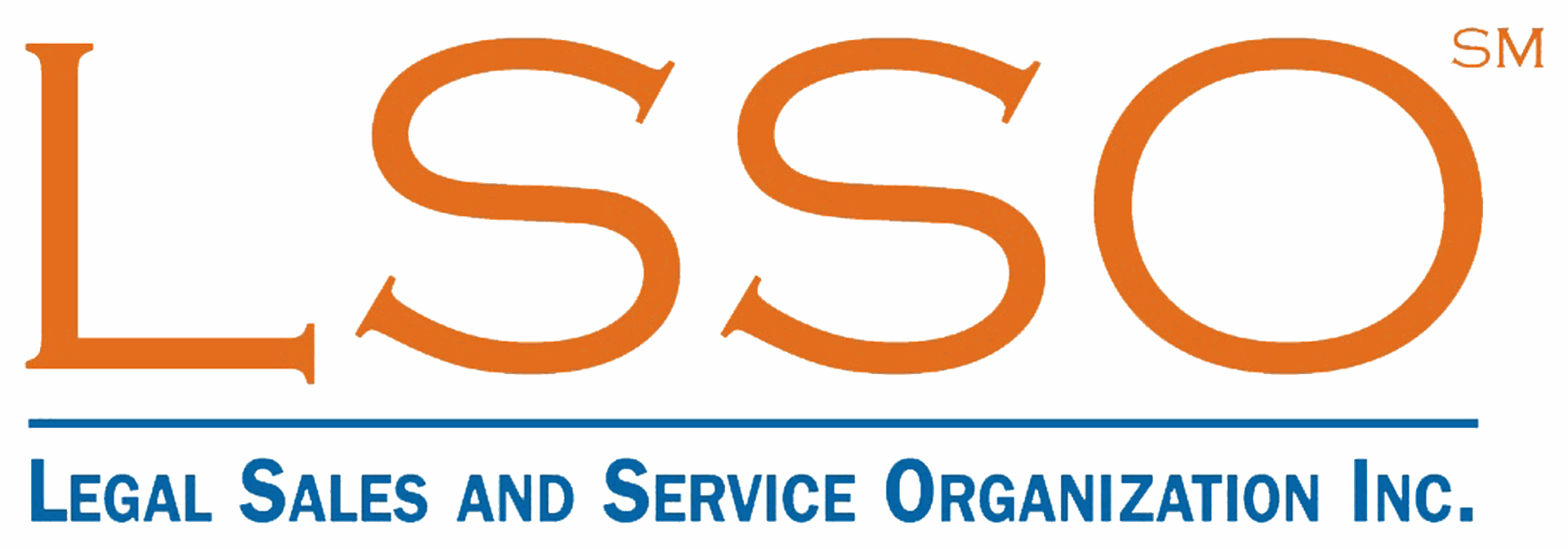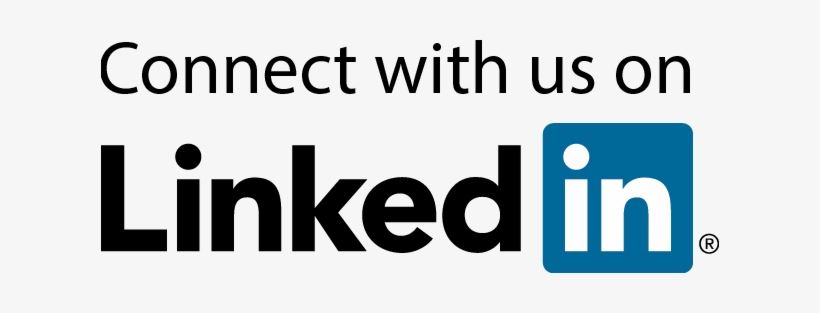The Rapid Fire Client Panel is always one of the most popular sessions at the annual RainDance Conference. Thanks to a series of blog posts by John Cunningham, we are able to share the insights learned from our 2019 RainDance panel. Excerpts from John’s series and links to the full blog posts are below.
Special thanks to Louise Henkel, Director of Business Development and Marketing at Hill Ward Henderson, for her notes on the input provided by the following panelists:
And here are some of the highlights from their answers to excellent questions posed by moderator Julianne Hartzell, a partner at Marshall Gerstein:
-
Corporate legal clients clearly flagged their service preferences while providing key insights on how and why they purchase or discontinue services
-
All panelists have engaged in a process improvement planning session with a law firm in the past few years (process improvement is a growing focus for firms).
-
All have instructed one or more law firms that they will not pay for first-year associate training hours on their projects.
-
All are open to the idea of meeting with law firm sales professionals who are not practicing lawyers.
-
All have been proactively approached by a law firm about alternative fee arrangements within the last year.
-
Three out of four just stop working with a lawyer whose work product or attitude does not measure up to their standards rather than spending energy on some form of progressive counseling.
-
All are receptive to conversations with their legal providers about the service and how it can be enhanced or improved.
-
All have audited law firm invoices to check for compliance with hiring letter instructions, and all have fired one or more counsel for failure to follow those instructions.
-
Three of four panelists said the biggest thing missing from law firm RFPs are meaningful project budgets.
-
All of them consult with their peers, including other GCs, when looking for counsel in a niche area that is new to them.
-
Three out of four rank “industry knowledge and understanding” as the biggest factor in their hiring decisions versus lower hourly rates or peer review rankings, such as Chambers.
-
All are interested in knowing how firms are using technology to improve product quality, cost or delivery speed.
-
Three out of four would give “plus points” to a law firm bidding for business that has undergone meaningful process improvement training.
2. Legal Clients Read and Value Law Firm Content (if it’s good)
Corporate legal clients answered several questions about content marketing by law firms. Here is what panelists revealed to audience members about content marketing:
-
All of them periodically read law firm newsletters or client alerts.
-
All of them read lawyer publications on Twitter and/or LinkedIn.
-
Three of four read one or more law firm blogs.
-
Three of four periodically listen to industry-focused podcasts.
-
All of them periodically read industry-focused content.
-
Three out of four do NOT prefer video content – lawyers still like to read.
-
All of them have hired a lawyer as a result of compelling and useful content.
-
None of them believe that articles published in the media are more credible than self-published content put out by law firms.
Panelists also called out some of the content publications they like, including:
3. Legal Clients on Service Experiences They Loved or Hated
Corporate legal clients were very candid about service experiences that positively “wowed” them and others that got lawyers fired or dropped from outside counsel lists. Here are some examples of service experiences that impressed in-house corporate counsel and earned big points for the lawyers who provided them:
-
One firm provided a detailed budget proposal with “if-then” scenarios that anticipated various contingencies, and then followed through with quality work consistent with budget.
-
Another firm – at the conclusion of a matter – shared “lessons learned” packaged in a format that was readily digestible and offered practical insights and suggestions.
-
Another firm offered up a creative alternative fee arrangement that contained a “success fee” for the upside and pain-sharing for the downside.
-
In general, quality work and regular, clear and simple communication earned big points with in-house counsel.
Panelists also called out some of the service experiences that can get lawyers fired or dropped from outside counsel lists, such as:
-
Failing to follow instructions
-
Failing to get proper authority to make an important decision
-
Failure to be diplomatic or acting antagonistically toward the client
-
Just being overly adversarial with anyone
-
Failing to communicate or communicating poorly
-
Consistently waiting until the last minute to meet deadlines
-
Ethical failures
-
Excessive billing
-
Failing to go through the legal department with communication or decision-making
4. What’s Missing from Law Firm RFP’s ?
Corporate legal clients told law firm audience members what is missing from their RFP responses
-
Firm RFPs must have meaningful budget information based on real-world experience – this is THE big thing that all panelists identified as a problem
-
Firms should address how they protect confidential and privileged information from cyber-risk and traditional risks
-
Firms cannot do a “bait and switch” on diversity claims, showing one face for the RFP and another in their actual staffing
5. What’s Missing from Lawyer Profiles on Websites?
Corporate legal clients told law firm audience members what they would like to see in lawyer profiles on law firm websites.
-
All panelists agreed they would like to see some quantification of lawyer experience, such as number of cases tried or tried to verdict, number of transactions closed, dollar amounts of transactions, and percentage of times that transactions have completed ahead of schedule or under budget.
-
All panelists agreed they would like to see more industry-specific experience in lawyer profiles.
-
Three of four panelists agreed that it would be nice to know about the hobbies, personal interests and passions of lawyers to see their human side while one panelist saw such information as irrelevant but not offensive or silly.
6. “Hot Button” Issues for In-House Legal Counsel at Big Companies
Corporate legal clients told law firm audience members about their “hot button” legal service issues.
- Technology should be a lawyer’s “best friend” and law firm should be exploiting it more, especially with respect to hyper-cloud solutions tools.
-
Some outside lawyers still fail to communicate proactively when a matter is going South so that damage can be minimized.
-
Some outside lawyers are still failing to communicate well on all matters, and that usually results in no more business coming their way.
-
Outside lawyers who find in-house lawyers calling them regularly for updates should take that as a warning sign that communication is lagging.
-
When outside counsel does communicate, it is important to do so in “executive summary” fashion, getting to the point quickly and effectively.
Clearly, the hottest of hot buttons seems to center around communication, suggesting that outside lawyers might benefit from some formal training on how to communicate effectively with in-house contacts in a way that is sensitive to their perspectives and needs (which are different from private practice).
 John O. Cunningham is a freelance writer, editor and marketing/communications consultant.
John O. Cunningham is a freelance writer, editor and marketing/communications consultant.
Read more here.

